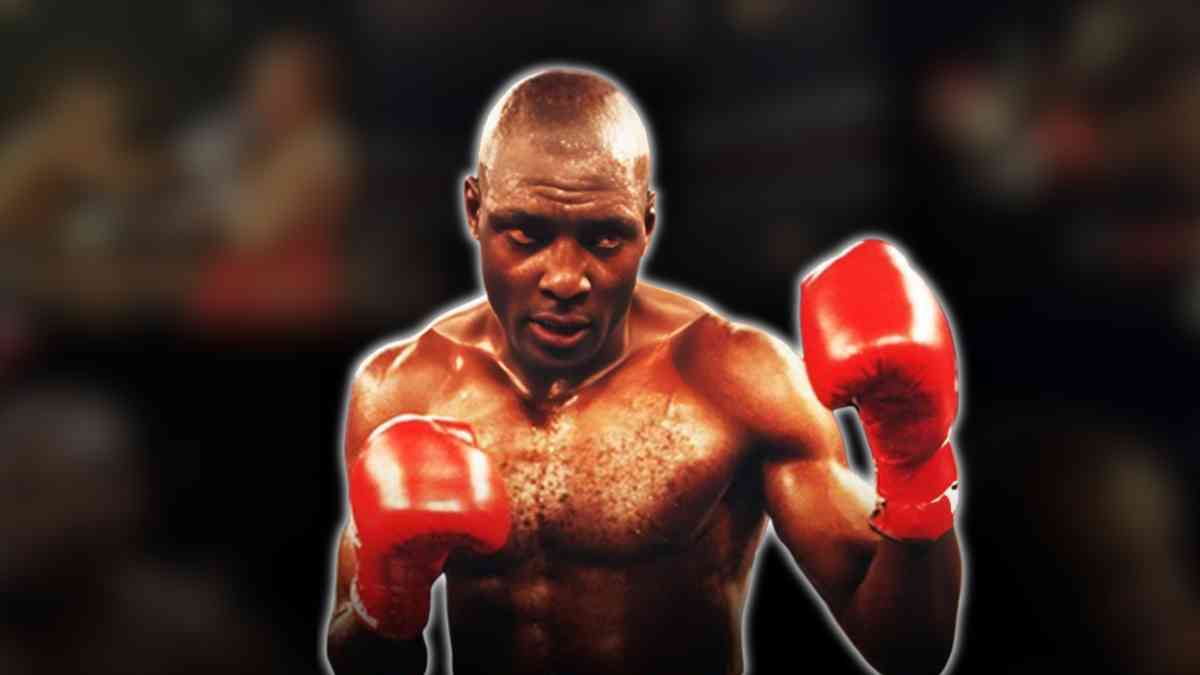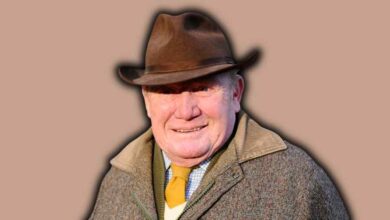Henry Akinwande: The Towering Force Who Shaped British Heavyweight Boxing

In the rich tapestry of British boxing history, few names resonate with as much quiet power and determination as Henry Akinwande. A towering figure both in stature and achievement, Akinwande’s journey from amateur prodigy to world heavyweight champion is one marked by grit, discipline, and resilience. Though often overshadowed by more flamboyant contemporaries, his contributions to the sport remain undeniable. This article dives deep into the life, career, and legacy of Henry Akinwande, exploring the nuances that shaped this formidable athlete and his place in the heavyweight landscape.
Early Life and Roots
Born on October 12, 1965, in Dulwich, London, Henry Adetokunboh Akinwande spent much of his early life in Nigeria before returning to the UK. His dual cultural background gave him a unique perspective and grounding. He was not born into boxing, but he quickly made up for lost time when he picked up the gloves. Unlike many who start young, Akinwande began boxing in his early twenties, yet he showed an innate aptitude for the sport that defied his late start.
Amateur Career: A Rapid Rise
Henry’s amateur career was nothing short of remarkable. Representing the Lynn Athletic Club, he clinched the ABA heavyweight titles in 1988 and 1989. During this period, he also competed in the 1988 Seoul Olympics, where he advanced to the quarterfinals before bowing out against Dutch legend Arnold Vanderlyde. His Olympic journey added polish to his resume and prepared him mentally and physically for the challenges of the professional circuit.
Turning Professional: The Making of a Contender
Akinwande turned professional in 1989 and wasted no time in making his presence felt. Standing at 6 feet 7 inches with an 86-inch reach, he was a physical anomaly in the ring. His early fights showcased a calm, calculating style, blending defensive mastery with precise jabs and combinations. Within a few years, he had racked up a series of impressive victories, signaling his potential as a future champion.
One of his early notable wins was against former world light heavyweight champion J.B. Williamson. This victory, along with others, laid the foundation for his dominance in the early ’90s. Henry Akinwande boxer became a label that symbolized intelligence, strategy, and a deep respect for the sport.
European and Commonwealth Champion
In 1993, Henry Akinwande claimed the European and Commonwealth heavyweight titles, defeating respected opponents like Axel Schulz and James Thunder. These victories solidified his standing among Europe’s elite and made him a top contender for global honors. His poise, patience, and technical skill earned him a reputation as one of the most intelligent heavyweights of his time.
World Champion: Claiming the WBO Heavyweight Title
Akinwande’s crowning achievement came on June 29, 1996, when he faced Jeremy Williams for the vacant WBO heavyweight championship. With poise and precision, Henry won via third-round knockout, capturing the title and writing his name in the annals of heavyweight boxing. His reign, though short-lived, included successful defenses and brought credibility to the WBO title at a time when it was still seeking broader acceptance.
He soon vacated the WBO belt in pursuit of the more prestigious WBC title, a move that demonstrated his ambition and confidence.
The Lennox Lewis Bout: A Controversial Moment
One of the most discussed moments in Henry Akinwande’s career was his bout against fellow Briton Lennox Lewis on July 12, 1997, for the WBC heavyweight title. What was expected to be a clash of titans turned into a tactical and controversial encounter. Akinwande was disqualified in the fifth round for excessive holding, a decision that drew criticism but also revealed the high-stakes nature of elite heavyweight boxing.
While the loss was a setback, it didn’t tarnish his technical abilities or his reputation as a formidable competitor.
A Brief Pause and Return to the Ring
Shortly after the Lewis fight, Akinwande’s career hit a temporary roadblock when he was diagnosed with hepatitis B. This health scare forced him out of the ring for two years. However, true to his resilient spirit, he returned in 1999, eager to reclaim his position among the best.
His comeback included victories over seasoned fighters like Orlin Norris and Maurice Harris, proving that his time away hadn’t dulled his skills or determination. Although he never regained a world title, his performances remained consistent and commendable.
Fighting Style and Technique
Akinwande’s boxing style was often underappreciated. Unlike more aggressive sluggers, Henry employed a strategic and methodical approach. He used his height and reach to his advantage, keeping opponents at bay with stiff jabs and moving with calculated precision. His defense-first mindset, while criticized by some, made him a difficult puzzle for most opponents.
He wasn’t flashy, but he was effective. His ability to control the pace and rhythm of a fight often left opponents frustrated and outboxed.
Henry Akinwande vs John Fury: Dominance in the Ring
An often-revisited bout in British boxing circles is the one between Henry Akinwande and John Fury. At the time, John Fury was a respected heavyweight on the domestic scene, but when he stepped into the ring with Akinwande, the gulf in class became evident. Akinwande’s superior technique, range, and conditioning led him to a clear victory, further cementing his place as one of Britain’s elite. Today, with the rise of Tyson Fury, many look back at this fight to understand the generational shift in boxing dominance.
Legacy and Impact
Though not as globally recognized as some of his peers, Henry Akinwande’s legacy in British and international boxing is profound. He was a disciplined, respectful, and consistent athlete who let his performance speak louder than words. His career is a testament to the power of dedication, intelligence, and resilience in a sport often dominated by bravado.
He opened doors for other British-Nigerian boxers and remains an influential figure, especially among those who value technique over theatrics. Young fans searching for “Henry Akinwande boxer” often discover a fighter who preferred substance over style, and who left an indelible mark on the heavyweight division.
Post-Retirement Life
After retiring in 2008, Akinwande stepped away from the limelight, choosing a life of relative privacy. Unlike many former champions, he hasn’t sought out media attention or flashy commentary gigs. Instead, he’s focused on family, mentorship, and personal growth. His quiet dignity in retirement mirrors the way he carried himself in the ring.
There have been reports of him mentoring younger fighters and occasionally participating in charity events, but he’s largely content with the legacy he’s built.
Conclusion
Henry Akinwande may not have craved the spotlight, but his journey from amateur hopeful to world champion deserves every bit of recognition. With a career built on discipline, strategy, and strength, he stood tall—literally and figuratively—in one of boxing’s most competitive eras. Whether measured by titles, performances, or the respect of peers, Henry Akinwande remains a true champion in every sense of the word.
His story is not just about the punches thrown in the ring, but about the dignity with which he wore the gloves. In a world quick to celebrate noise, Henry Akinwande proved that greatness can also be quiet, methodical, and deeply inspiring.



